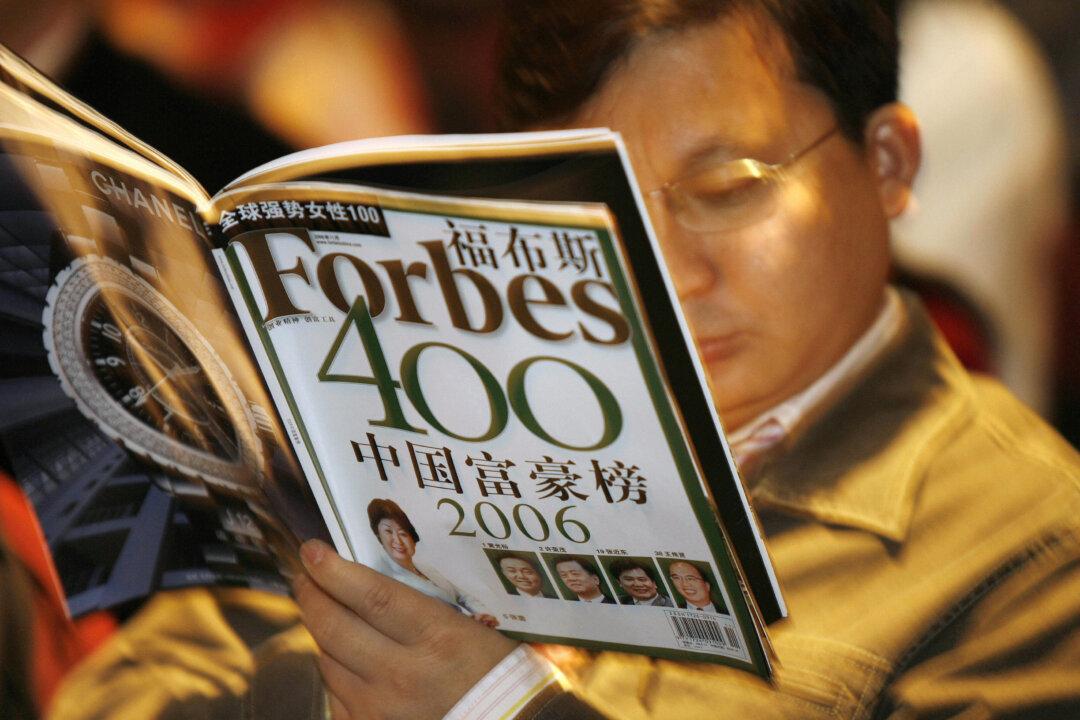Commentary
Forbes, which is currently majority-owned by a shadowy Hong Kong company, is currently being considered for purchase by a group of U.S. companies, including some that rightly want to see Forbes “under U.S. ownership.” The Hong Kong company, called Integrated Whale Media, has owned the majority of Forbes since 2014, raising questions about foreign influence over U.S. media and the effect that might have on American democracy.





